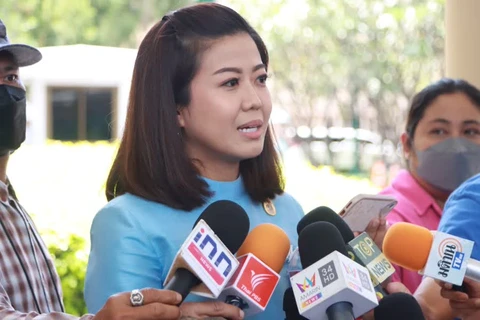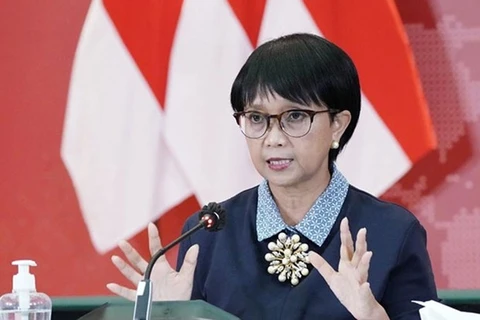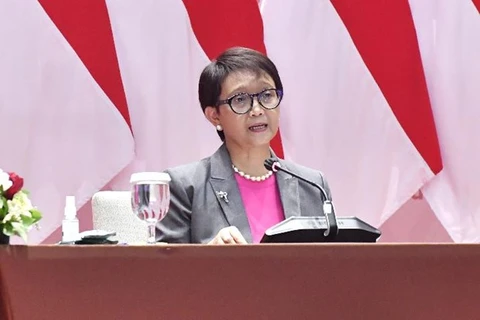 (2023 will be a tough year for ASEAN as the bloc may face many challenges in the time to come,Photo: asean.org)
(2023 will be a tough year for ASEAN as the bloc may face many challenges in the time to come,Photo: asean.org) Singapore (VNA) – 2023 will be a tough year for ASEAN as the bloc may face many challenges in the time to come, heard the 2023 Regional Outlook Forum (ROF 2023) held in Singapore on January 10 by the Institute of Southeast Asian Studies (ISEAS-Yusof Ishak).
Under the theme “Understanding the Driver of Change in a disrupted world”, ROF 2023 focused on discussing impacts of world conflicts on the security environment in Southeast Asia, drivers of changes and disruption in the regional economic panorama.
Sharon Seah, Coordinator of the ASEAN Studies Centre and Climate Change in Southeast Asia Programme at the institute, said ASEAN is forecast to face many challenges in 2023 - from the immediate challenges coming from elections in Malaysia, the Philippines in 2022; elections in Cambodia, Thailand and Myanmar in 2023, to the long-term challenge of maintaining solidarity and the key role of ASEAN in a changing world. Therefore, the bloc needs to realise unity and solidarity as well as promoting a clearer version of the “ASEAN outlook on the Indo-Pacific”.
The official emphasised that the biggest challenge for ASEAN is that the global economic outlook will be very difficult in 2023. The International Monetary Fund (IMF) has lowered its global growth forecast to 2.7%.
About a third of the world’s economies are forecast to fall into recession this year, while the remaining two-thirds are also struggling to cope with supply disruptions, inflation, and price hikes.
Sharon Seah acknowledged that as the ASEAN Chair in 2023, Indonesia should harmonise trade agreements such as the Comprehensive and Progressive Agreement for Trans-Pacific Partnership (CPTPP), the Comprehensive and Progressive Agreement for Trans-Pacific Partnership (CPTPP), and Regional Comprehensive Economy Partnership (RCEP) to optimise the bloc’s benefits as trade is a vital area for ASEAN.
ROF is an annual conference organised by the Singapore-based institute to analyse the major trends and issues that will have the greatest impact on Southeast Asia in the short and medium terms, and predicting the situation in the regional countries.
This year's edition marked a return after two years of being held online due to the COVID-19 pandemic. The forum saw the participation of former top officials and scholars in the region./.






















